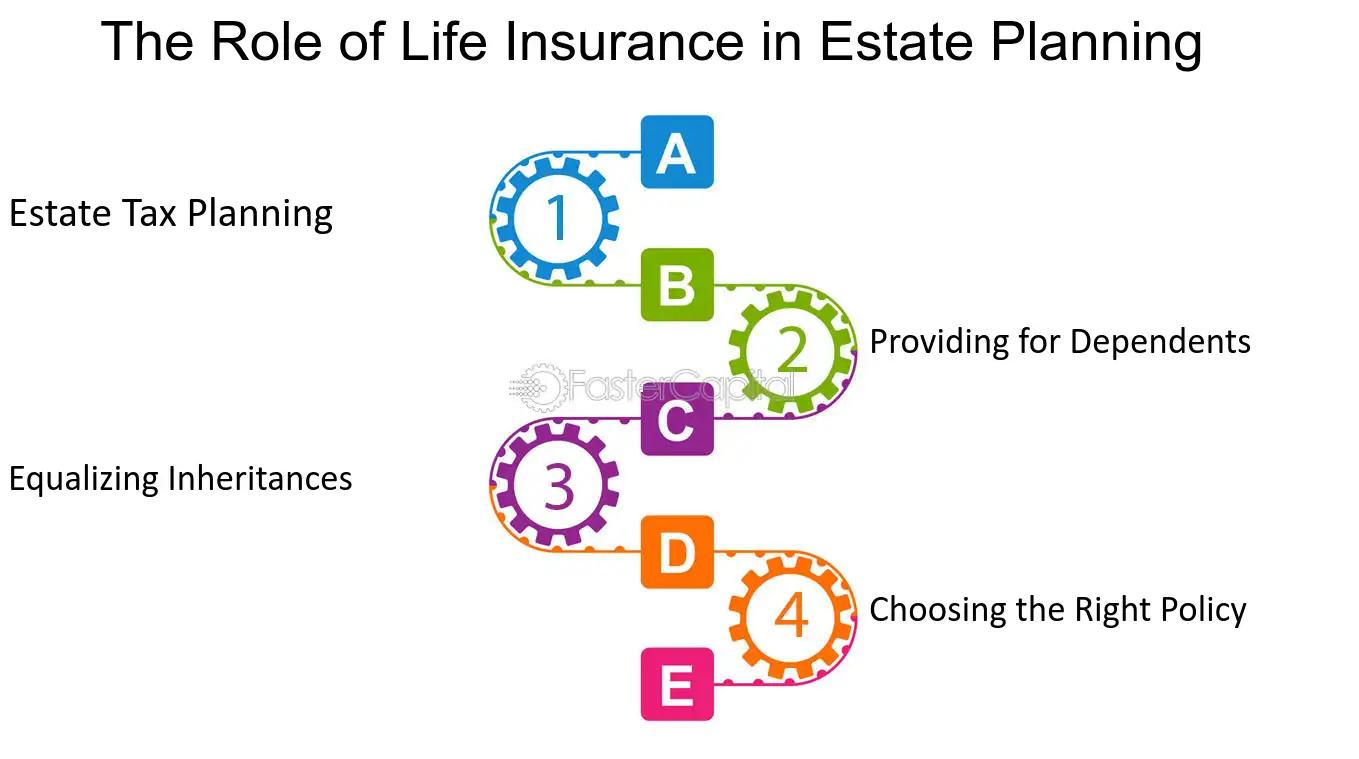Role of Insurance in Estate Planning: Safeguarding Your Legacy

Estate planning is a crucial aspect of managing your financial affairs and ensuring that your assets are distributed according to your wishes after your death. One of the most effective tools in estate planning is insurance, which can play a significant role in preserving and safeguarding your legacy. This article explores the various ways insurance can be integrated into your estate planning strategy and how it helps protect your assets, reduce tax burdens, and provide for your loved ones.
1. Understanding Estate Planning
Estate planning involves organizing and managing your assets to ensure they are distributed according to your wishes upon your death. It includes creating a will, setting up trusts, and making decisions about how your estate will be handled. The goal is to minimize taxes, avoid legal complications, and provide for your family and beneficiaries.
Conclusion
Insurance plays a vital role in estate planning by providing protection against financial risks, minimizing tax burdens, and ensuring the smooth transfer of your assets. By incorporating the right types of insurance into your estate plan, you can safeguard your legacy, provide for your loved ones, and achieve your estate planning goals. Working with professionals, such as financial advisors and estate planning attorneys, will help you design a comprehensive strategy that maximizes the benefits of insurance and secures your legacy for future generations.


